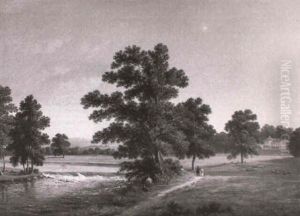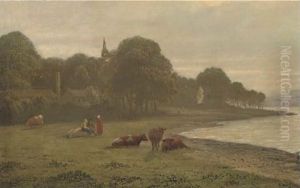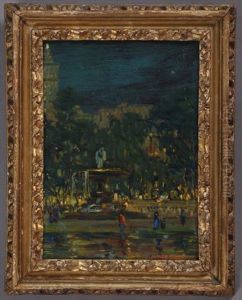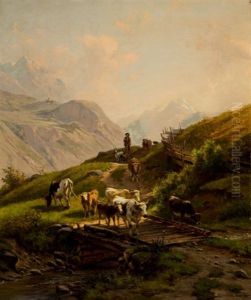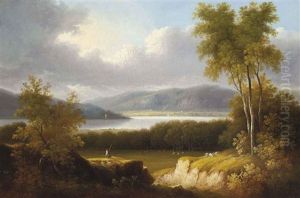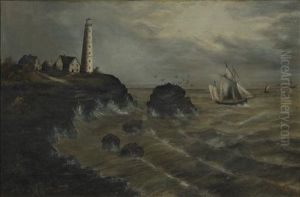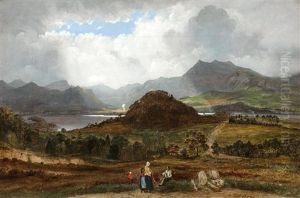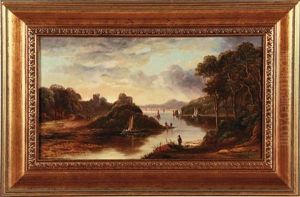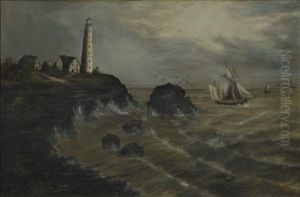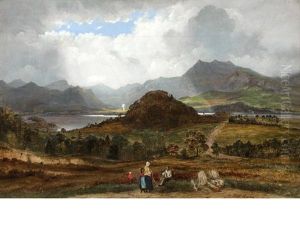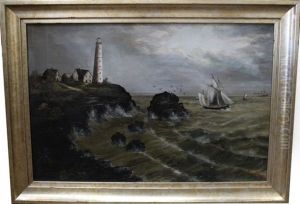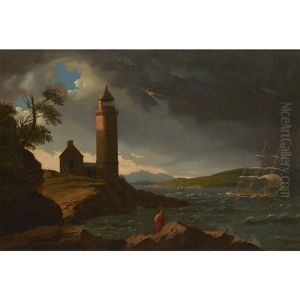John Knox Paintings
John Knox was not an artist but a Scottish minister, theologian, and writer who was a leader of the country's Reformation and the founder of the Presbyterian Church of Scotland. Born around 1514 in Giffordgate, Scotland, Knox was ordained as a Catholic priest in 1536 but soon became a supporter of the Protestant Reformation movement.
His conversion to Protestantism led him to serve as a bodyguard to George Wishart, a Protestant preacher and martyr. After Wishart's execution in 1546, Knox's role in the Reformation became more prominent. He was captured by French forces the following year and spent 19 months as a galley slave before being released in 1549.
Following his release, Knox traveled to England, where he served as a royal chaplain to King Edward VI and further developed his Protestant beliefs. When the Catholic Queen Mary I ascended to the English throne, Knox fled to the continent and spent time in Geneva with John Calvin, one of the leading figures of the Reformation.
Knox returned to Scotland in 1559 and became a leading force in the Scottish Reformation. He was a powerful preacher and often clashed with the Catholic Mary, Queen of Scots. His efforts were instrumental in the establishment of a Protestant Scotland, and he helped to shape the newly formed Presbyterian Church.
Throughout his life, Knox remained a controversial figure, admired for his leadership and advocacy of Protestantism, but also criticized for his involvement in the approval of violence during religious conflicts. His most significant written work, 'The History of the Reformation in Scotland', provides an account of the period and remains a key text for understanding Scottish history during the 16th century.
John Knox died in Edinburgh on November 24, 1572. His legacy as a religious reformer and founder of the Presbyterian denomination is significant, and he is remembered as a pivotal figure in Scottish history.
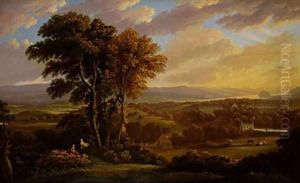

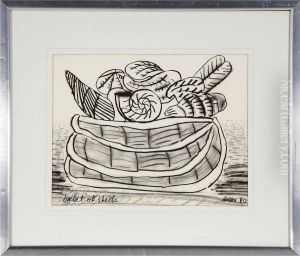
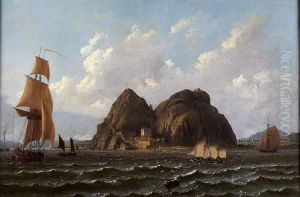
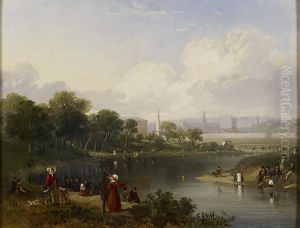
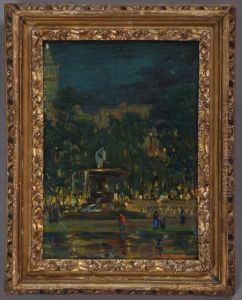
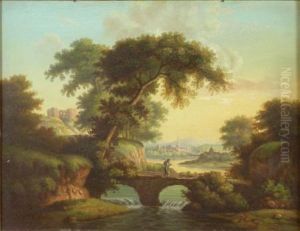



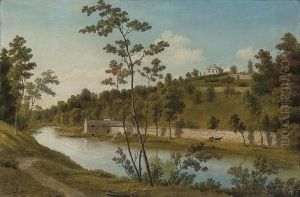

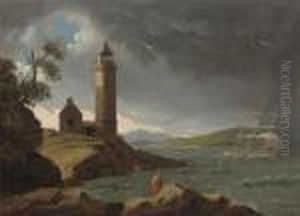




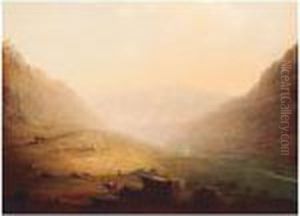

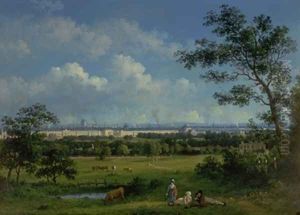



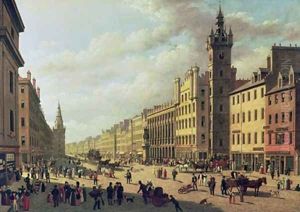
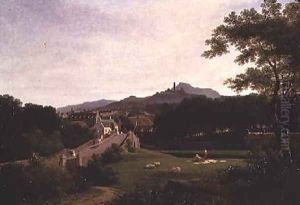

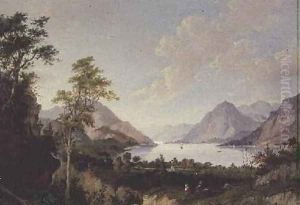


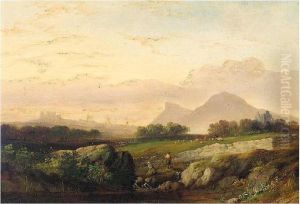
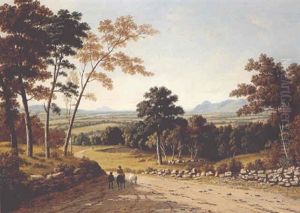

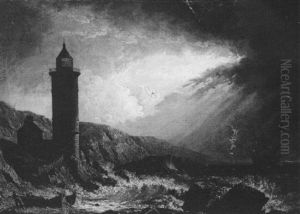
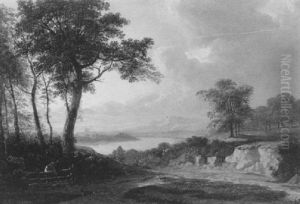
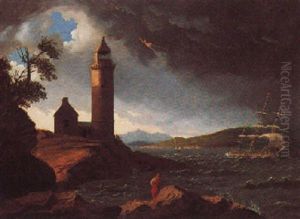

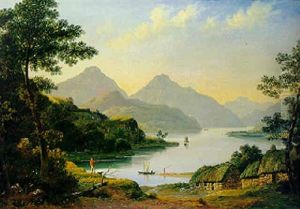
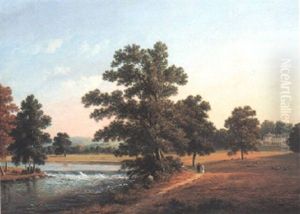
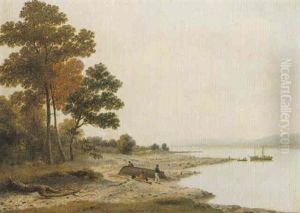
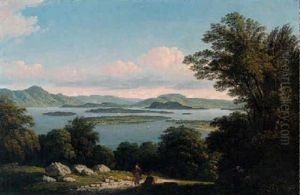


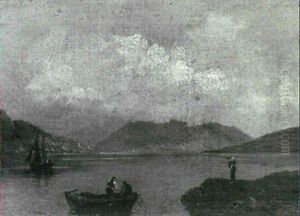
![South Western View From Ben Lomond [&] North Western View From Ben Lomond](https://www.niceartgallery.com/imgs/3960271/s/john-knox-south-western-view-from-ben-lomond-north-western-view-from-ben-lomond-43dff85c.jpg)
